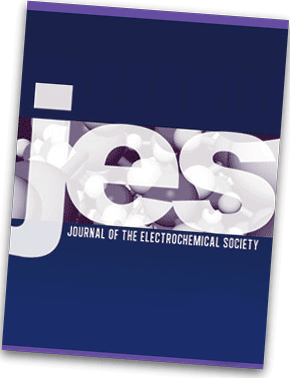 The peer review process is the heart of scholarly communication, assuring the publication of high-quality papers and strengthening the public’s perception of the science. Through peer review, editors, reviewers, and authors work together to ensure the work is coherent, rigorous, and adds to the scientific knowledge base.
The peer review process is the heart of scholarly communication, assuring the publication of high-quality papers and strengthening the public’s perception of the science. Through peer review, editors, reviewers, and authors work together to ensure the work is coherent, rigorous, and adds to the scientific knowledge base.
However, peer review is not flawless. Namely, the labor intensive review-revise-resubmit process can be time consuming, potentially hampering scientific progress due to publication delay.
“Peer review is everything,” says Michael Hickner, member of the ECS Editorial Advisory Committee and professor at Pennsylvania State University. “However, it can be inefficient and sometimes mistakes happen, but it is our system. Peer review is our gold standard and a tradition of the academic community.”
To help combat some of the issues facing the peer review process today and further strengthen ECS’s manuscript review process, the Society has established the Editorial Advisory Committee to accelerate the peer review process and resolve discrepancies between reviewers on content quality.
“The core goal of the Editorial Advisory Committee is to lend expertise and perspective to the editors and associate editors,” Hickner says, who specializes in membranes for fuel cells and batteries. “I’m a technical consultant and I can weigh in on key papers; perhaps like a trusted super-reviewer.”


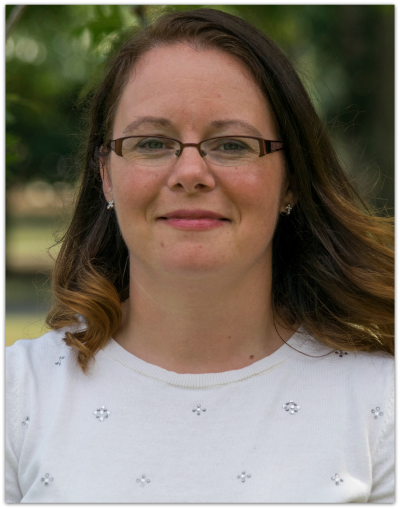 Alice Suroviec is an associate professor at Berry College, where she focuses her research efforts on the development of microelectrodes and applications of electrochemistry to real-time detection of biological analytes in aqueous solutions. Suroviec has recently been appointed to the ECS Electrochemical Science & Technology Editorial Board as an associate editor for the
Alice Suroviec is an associate professor at Berry College, where she focuses her research efforts on the development of microelectrodes and applications of electrochemistry to real-time detection of biological analytes in aqueous solutions. Suroviec has recently been appointed to the ECS Electrochemical Science & Technology Editorial Board as an associate editor for the 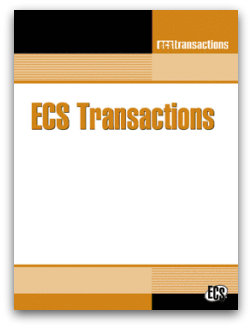 Thirty seven new issues of ECS Transactions have just been published from PRiME 2016; these are the “standard” issues and they cover a wide variety of topical interest areas.
Thirty seven new issues of ECS Transactions have just been published from PRiME 2016; these are the “standard” issues and they cover a wide variety of topical interest areas.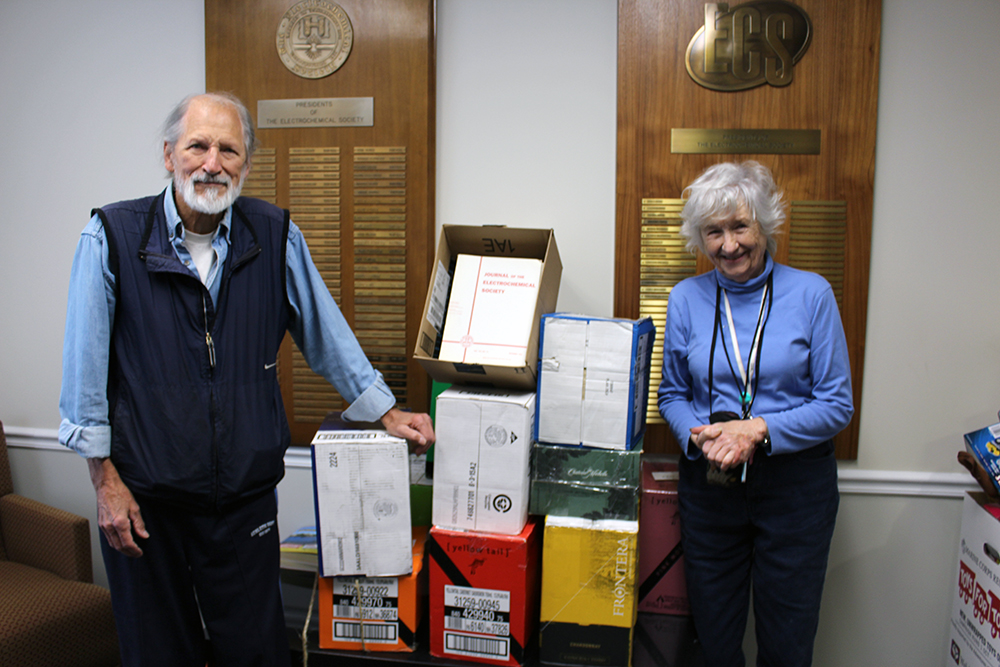
 Nature announced on December 8
Nature announced on December 8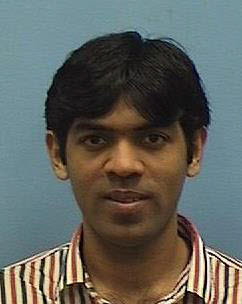 Manan is currently pursuing his PhD with Prof. Venkat Subramanian at the University of Washington, Seattle, where he is a Clean Energy Institute Fellow. He is actively involved with the recently formed University of Washington ECS Student Chapter, and serves as the vice-chair for education and outreach. Manan completed his undergraduate degree in Chemical Engineering at IIT Bombay in India. He is also one of the co-founders of a start-up called Battery Informatics where they are trying to commercialize their research on electrochemical and thermal physics model based Battery Management Systems (BMS). More details about the same can be found on
Manan is currently pursuing his PhD with Prof. Venkat Subramanian at the University of Washington, Seattle, where he is a Clean Energy Institute Fellow. He is actively involved with the recently formed University of Washington ECS Student Chapter, and serves as the vice-chair for education and outreach. Manan completed his undergraduate degree in Chemical Engineering at IIT Bombay in India. He is also one of the co-founders of a start-up called Battery Informatics where they are trying to commercialize their research on electrochemical and thermal physics model based Battery Management Systems (BMS). More details about the same can be found on 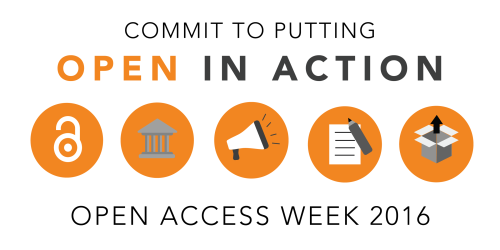
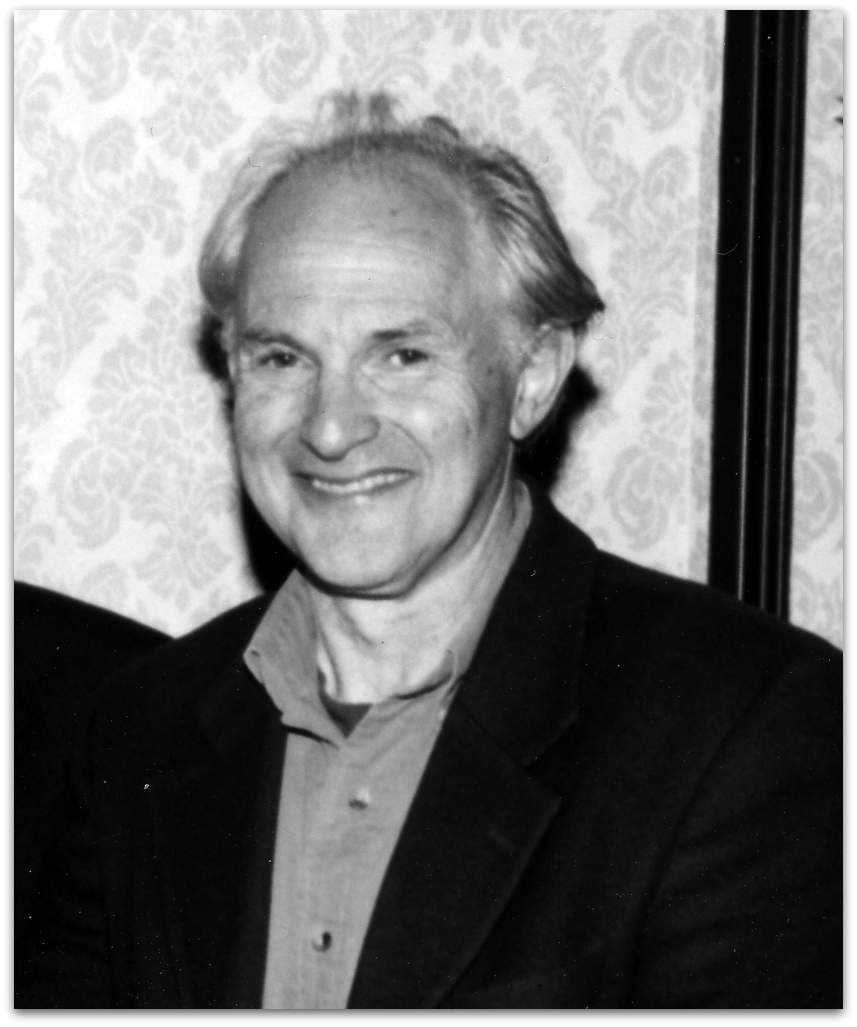 Pioneering nanocarbons researcher Harry Kroto passed away on April 30, 2016 at the age of 76. A giant among giants, Kroto made an immense impact on ECS and its scientific discipline as well as the world at large. Because of this, an
Pioneering nanocarbons researcher Harry Kroto passed away on April 30, 2016 at the age of 76. A giant among giants, Kroto made an immense impact on ECS and its scientific discipline as well as the world at large. Because of this, an 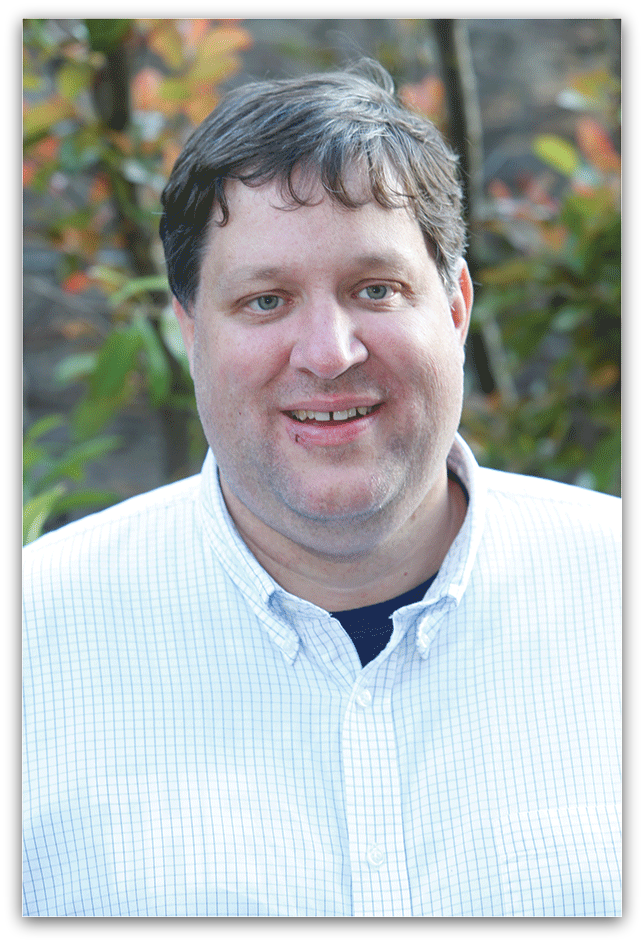 David Cliffel is the Professor of Chemistry & Department Chair at Vanderbilt University, where he leads research on the electrochemistry and analytical chemistry of nanoparticles and photosynthetic proteins. He has recently become a new Technical Editor for the
David Cliffel is the Professor of Chemistry & Department Chair at Vanderbilt University, where he leads research on the electrochemistry and analytical chemistry of nanoparticles and photosynthetic proteins. He has recently become a new Technical Editor for the 